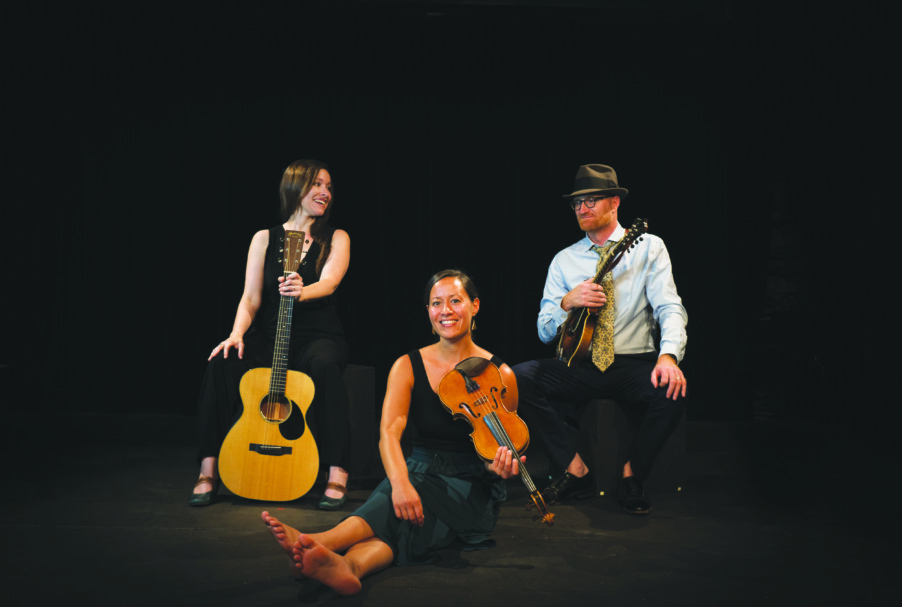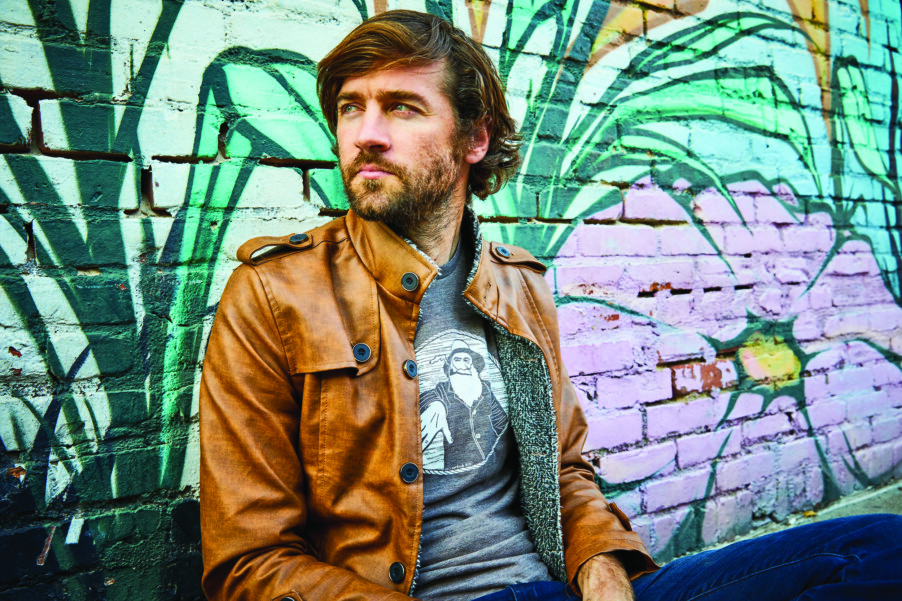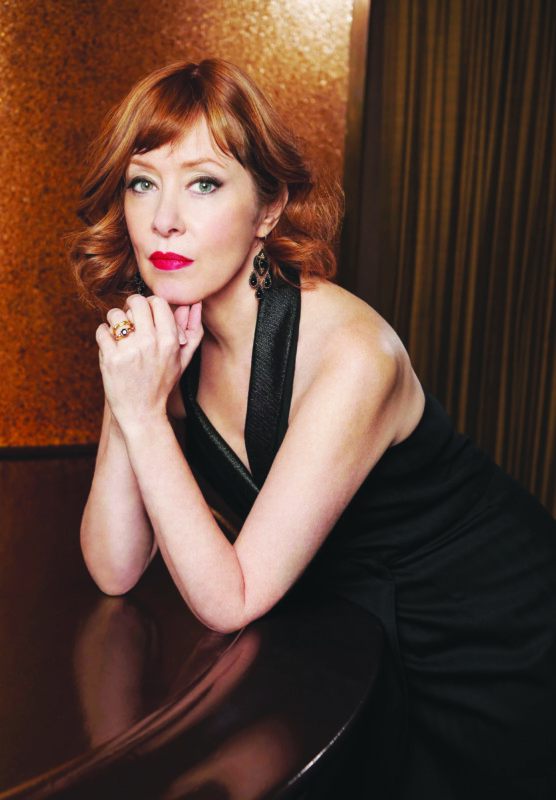Local music news & events
• Taco tunes: Manchester’s largest Taco Tour ever has live music, including sets from reggae rockers Supernothing and Donaher, the latter a power pop quartet whose front man is campaigning to recognize the Queen City as the birthplace of chicken tenders. Indie singer-songwriter Colleen Green opens the early evening free concert, which offers a great way to shake off all those tasty tacos. Thursday, May 4, 4:30 p.m., M&T Bank/City Bandstage Stage, corner of Bridge and Elm streets, Manchester, see facebook.com/grtrmanchester.
• Dancing scene: When a night hosted by Abba-inspired brand ambassadors Gimme Gimme Disco succeeds, it’s due to the crowd’s energy. Revelers are resplendent in bell bottom jeans, afro hairdos, oversized sunglasses, crazy colors and other finery that works under a mirror ball, along with a yearning to groove to songs like “September,” “It’s Raining Men” and “Waterloo,” all spun by a ’70s-savvy DJ. Friday, May 5, 7:30 p.m., Nashua Center for the Arts, 201 Main St., Nashua, $19 and up at eventbrite.com.
• Father’s son: Starting in 1996 with the multi-platinum Bringing Down the Horse, The Wallflowers became a band in name only, with a singular vision guided by its front man, Jakob Dylan, who last year said, “no one lineup … ever made two records [and] one person is actually putting the ideas together … that’s always been me.” Recently, Dylan has been covering old friend Tom Petty’s “American Girl” at concerts. Saturday, May 6, 7:30 p.m., The Flying Monkey, 39 Main St., Plymouth, $69 and up at flyingmonkeynh.com.
• Fresh hell: After the headliners dropped out of a run called The Hellbender Tour, Saving Vice took charge, rebranding it The End of Winter. The new name refers to the Vermont metalcore band’s debut EP, Colder Than Dark, which is now celebrating its five-year anniversary. Sink With Me, No Eye Has Seen, Frantic Endeavor, Devitalized and Soft Touch Mechanism round out the bill at a local show. Sunday, May 7, 7 p.m., Jewel Music Venue, 61 Canal St., Manchester, $15 and up at eventbrite.com.
• Country couple: The latest in an ongoing singer-songwriter series has Lance & Lea playing and chatting with fellow musician Katie Dobbins, who opens the show. Lance Kotara came up in the Texas club scene, while Coloradan LeAnna Kaufman rode horses and sang in church as a youngster; they met in Nashville and became a duo. Their first album was produced by Grammy winner Paul Worley. Wednesday, May 10, 6 pm., Loft at Hermit Woods, 72 Main St., Meredith, $10 to $15 at hermitwoods.com.




